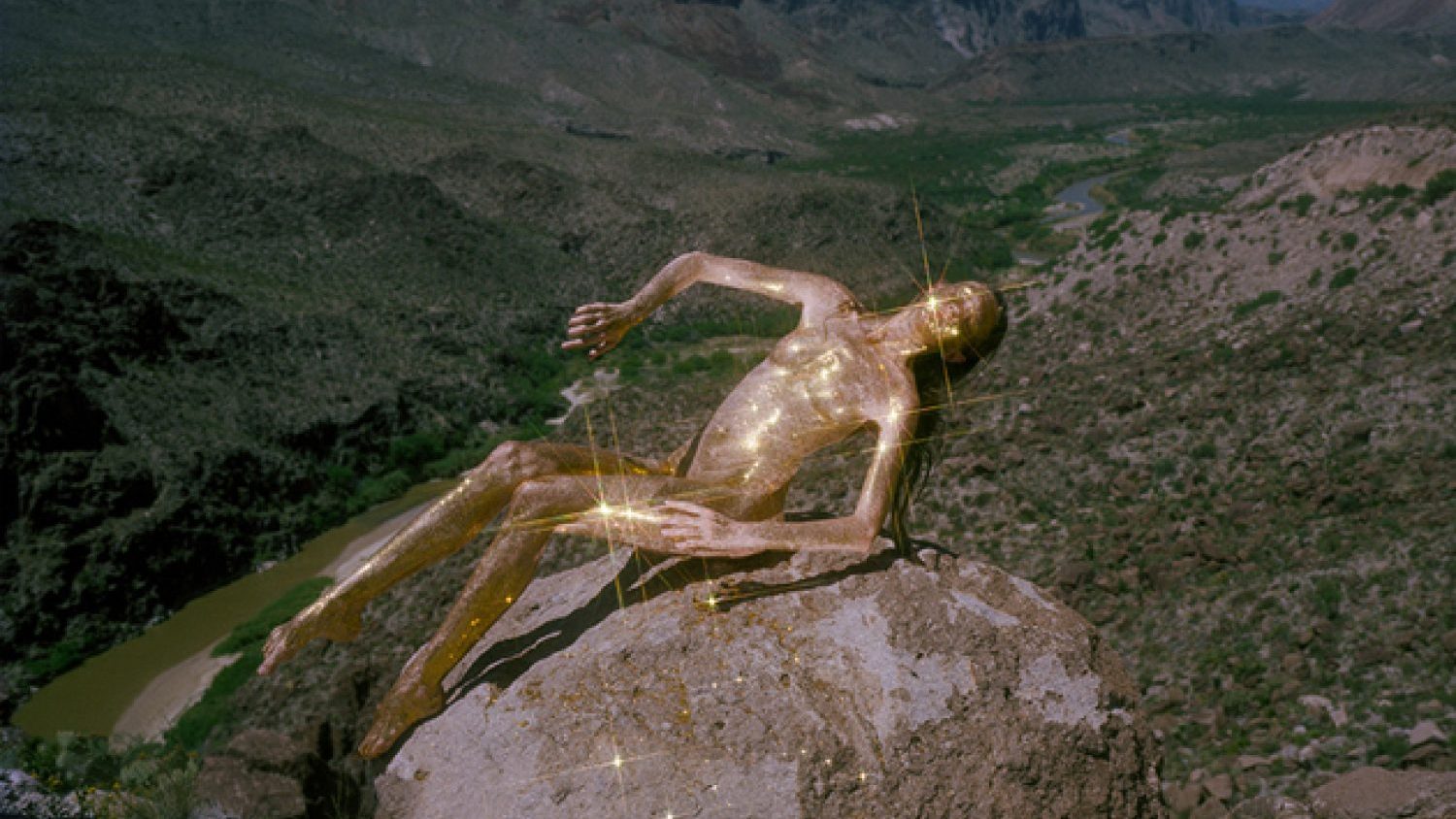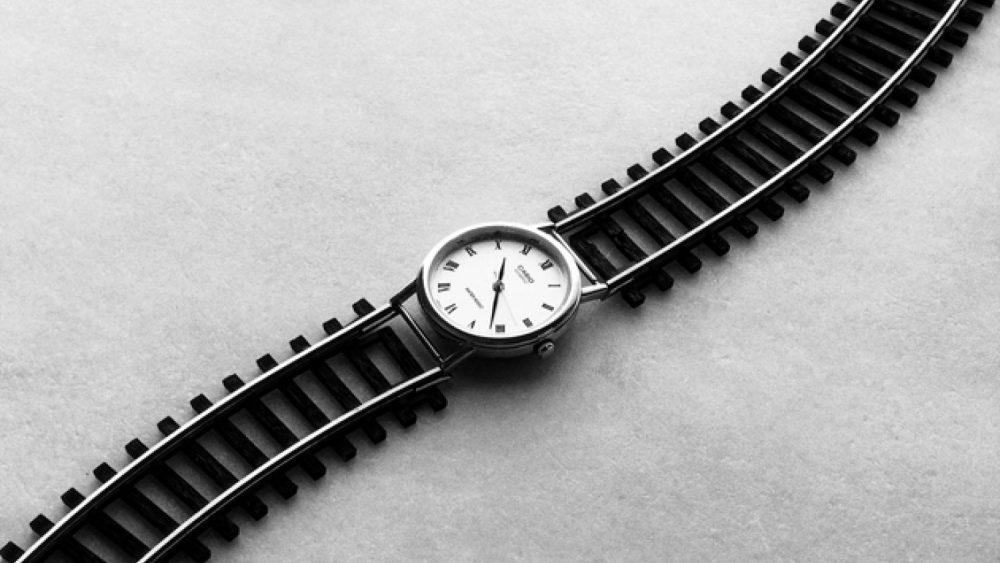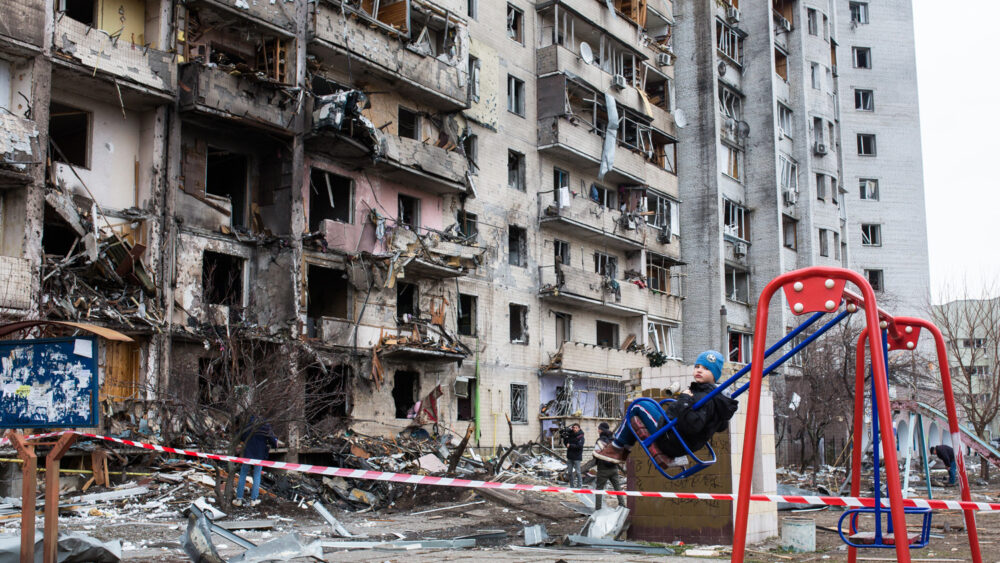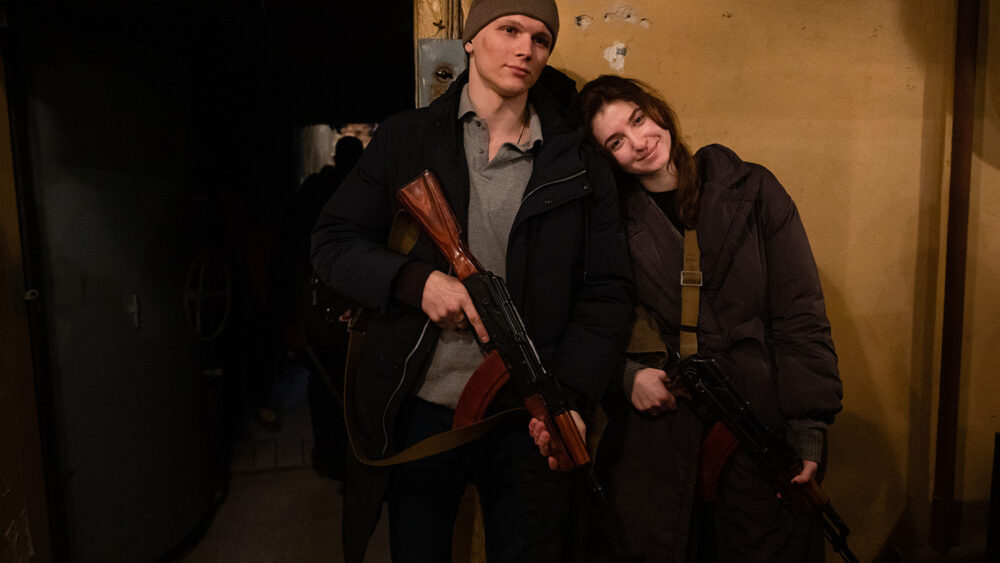FK asks – What’s the hardest thing being a photographer?
FK continues the question series to Latvian and East European photographers to find out how they tackle their daily challenges. This time we ask what’s the hardest thing being a photographer.
Rafal Milach:
Things that seem to be worst are the best at the same time like being independent and self-sufficient or knowing the fact everyone is a photographer today or at least takes pictures, which makes a difference.
Jana Romanova:
Speaking from my own experience and also taking into account problems that we normally discuss with my students, I would say that the most difficult thing in the life of photographer and a human being is to define what you actually want to say, find what is yours and where that story is that only you can tell. But the interesting thing about this “captain obvious” statement is that it really does sound obvious, but there are only a few people who actually know what they are doing and have a feeling that they are at the right place at the right time.
Reinis Lismanis:
So far the most challenging thing has been trying to find the right time balance: what I can dedicate for private projects, when I should focus on the activities to pay for my rent and when to leave the lonely walls of the studio. One or the other is sacrificed, but I would not say that it is something unique. Another issue is an abality to focus for a longer period of time. For example, approximately a year after I graduted from the university, I did not turn to the implementation of any big projects. What I did instead was making plans both on my mind and on paper, I challenged myself, read a lot, attended public lectures, etc. Often it resulted in a huge pressure, because we live at times, when one must be active, visible, famous and one must organise regular shows… Now I’m glad that I got over it, because I feel more mature to address issues, which I regard relevant.
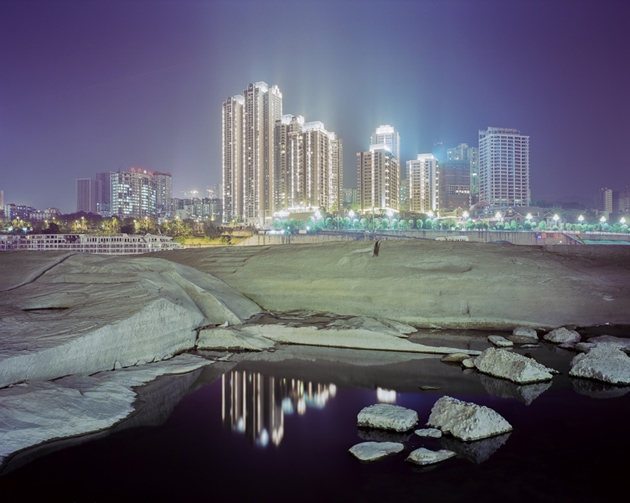
Alnis Stakle:
I cannot say that it’s difficult. In creative industries whimpering about the lack of funding and interest of peers has turned into a pattern of “decent behavior”. Any critically thinking person is aware of the consequences for the choices he or she makes, and there are industries, where it’s never going to be easy. Auteur photography in Latvia is something completely indefinable. The situation in auteur photography can easily be compared to the feudal order in the Middle Ages, when there are numerous weak mutually fighting institutions, no market, and art critics and curators can only appreciate those photo projects, which can be interpreted as the critique of the medium of photography. Yet, I don’t consider this situation as something unique in Eastern Europe, and it all has some advantages. The tiny funding and the institutional ignorance weed out all occasional visitors and only highly motivated people remain in the industry.
Birgit Püve:
The hardest – and also the easiest – thing is to remain true to yourself. There are so many influences and information (often disturbing) on the internet, so you have to know what you are doing and why. It’s quite easy to get lost in the ocean of information about all the thousands aspects of photography. The loads of information can be inspiring, but also tiring and deceitful.
Ekaterina Anokhina:
The hardest thing being a photographer for me is living in constant uncertainty. You won’t have any stable or predictable life, and it is just as challenging as amazing. It’s not easy – to overcome self-doubt and insecurity and still go on working, not easy to deal with all the rejections and hard competition there is in the photography world.
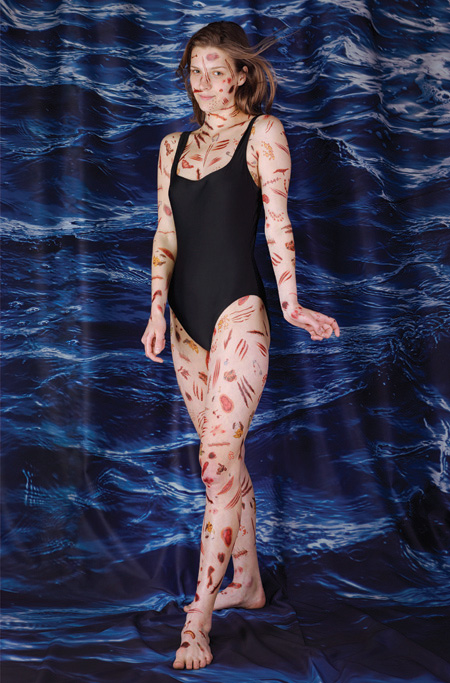
Līga Spunde:
To my mind, the most difficult thing being a photographer is to keep and implement the idea about this profession. The next hardship concerns the very process of activities – brainstorming, visualization of a form and creation, fundraising and the implementation of it all. In short, everything is difficult.
Andrew Miksys:
Giving yourself enough time to develop all your ideas and see a project through to the end. There is a lot of trial and error in photography. It’s not like you just get an idea and go make a project in one afternoon. It can take years to get to where you’re going.
Viktorija Eksta:
The most difficult thing is to maintain a high level of sensitivity towards the world surrounding you and also in yourself, at the same time keeping the connection with reality and an ability to navigate in your life as it is. Sometimes you must know how to tolerate various uncomfortable situations (also for long term). What’s more, this activity damages your eyesight.

Synchrodogs:
Being fresh and innovative all the time. We believe a photographer should be unique in his own way to become big, should work hard on his own ideas, on his own self-development.
Sergiy Lebedynskyy:
Being a photographer is easy in general. Being a professional photographer is very hard. I’m somewhere in between. I have another job, which makes less financial stress, but on the other hand not much time for photography projects is left. Photography for me is 99% of thinking and 1% of shooting, this is how I keep it going.
Reinis Hofmanis:
The most difficult task is to find time for your creative work. One can do the planning for photo sessions, but it’s more crucial to find time for reading and thinking.
Ieva Raudsepa:
In photography, as in any other field, I believe the hardest task is to make really good work. We often get distracted by trends, opinions, critique, laziness, etc., and all of that makes us forget what we actually want to create and accomplish. It’s important to not forget that things come and go into fashion, but it’s very sad when you stop trusting your own intuition.
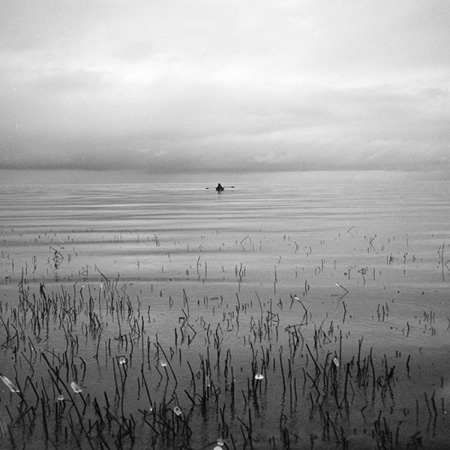
Kārlis Bergs:
The most difficult thing is to understand what to do with photographs after they have been taken. Currently, when we all are photographers with our phones and we take uncountable images every day, yet the ability to understand what to do and what you want to say with your photos is what differentiates between a photographer and a person with a camera.
Katarzyna Majak:
The hardest thing being an artist practicing photography for me has been to find a way to combine art making and making a living. Art is demanding, an artist needs space and time to create. Another challenge for me has been to face the fact that my artwork does not sell. There has been no energy exchange in this respect and for the most part I have worked out how to attract funding from the art world to finance my art.
Anastasia Khoroshilova:
Always being available in all its meanings. Plus, like all self-employed professionals,
you should be aware of your possible financial insecurity and of being dependent on many other persons (the gallerist, editors, collectors, etc.).
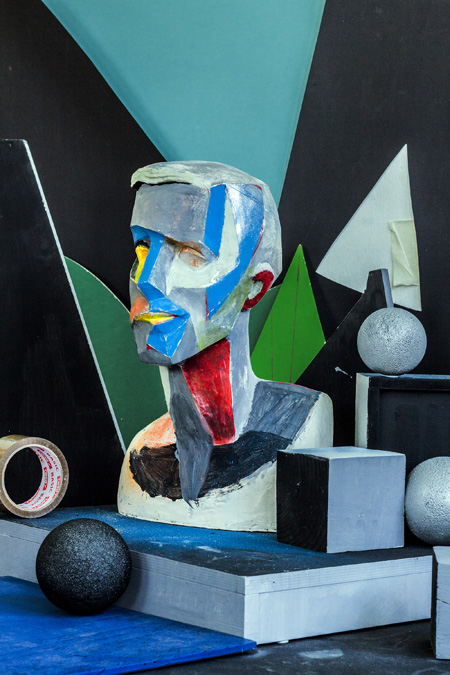
Peter Puklus:
The hardest thing for me in being a photographer is not being a photographer. It has two sides: on the one hand, sometimes it is very unproductive when you spend sixty or more percent of your day on emailing, planning, meetings, etc. instead of actual work. But, of course, this is part of the game. On the other hand, I like to see myself not as a photographer with a hat but as an artist who is using different media – including photography. So, my practice includes getting dusty in woodshops, smudge my hands with paint and spending hours in hardware stores looking for the right tool to be used in my next installation.
Danila Tkachenko:
The hardest thing is having patience. Very often there are situations where you have to wait for a proper moment, or certain weather, or just be patient about failures that you are having on your way.
